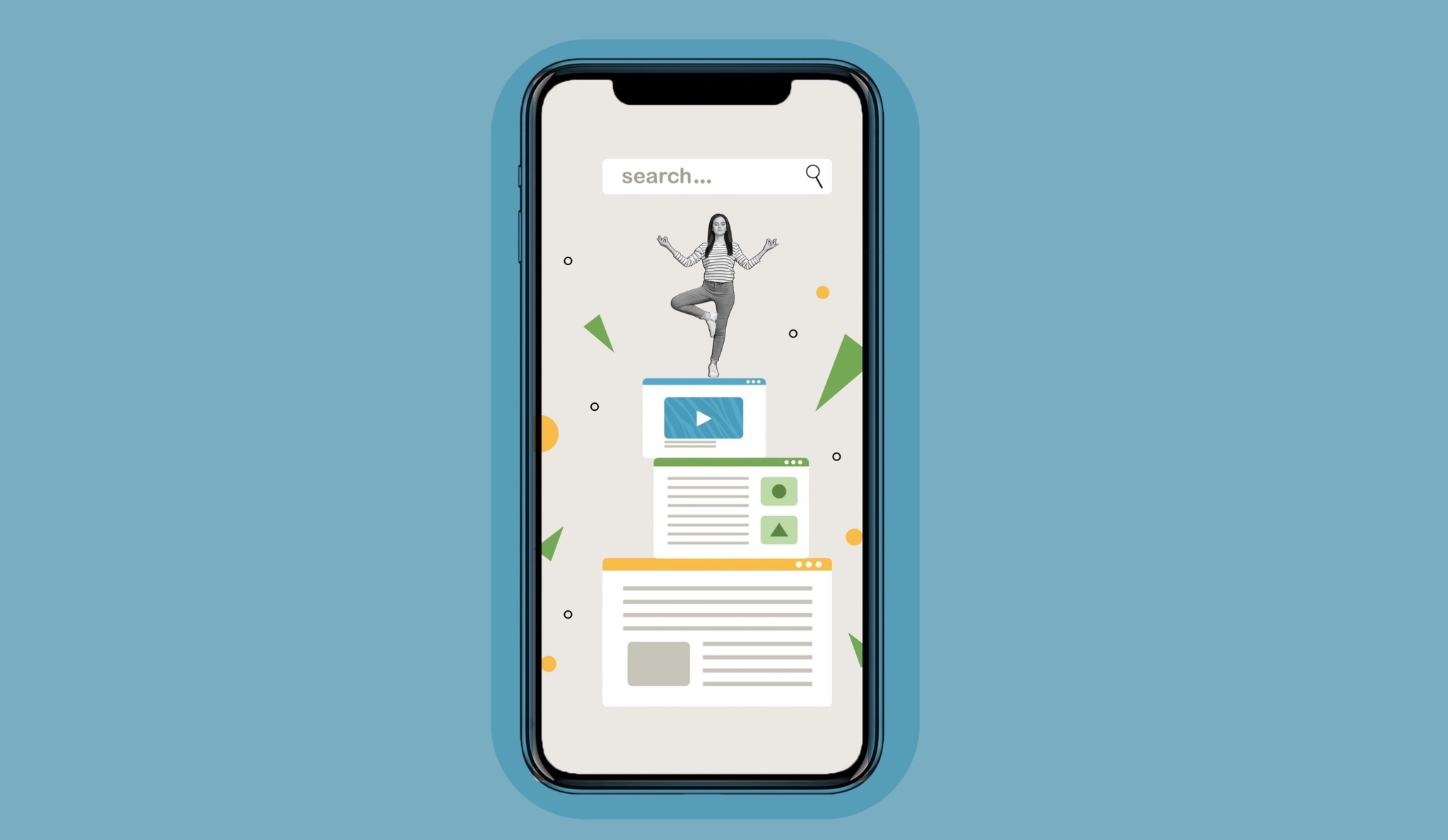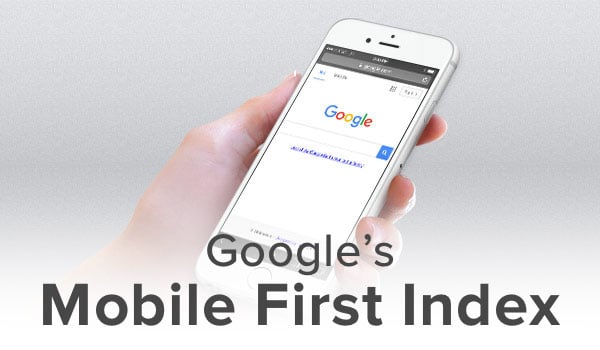
Prepare Your Website for Google’s Mobile First Index

With Google’s mobile-first index, they will now consider the mobile version of your website as a ranking factor before the desktop version of your site. Indexing your site is Google’s way of taking inventory of every page and using what it finds as consideration for your relevancy and positioning in search results. This means before even looking at your desktop site, Google will crawl every corner of your mobile site first.
Here are a few things you need to know about mobile-first index to ensure your business maintains a strong ranking in Google search results —
1. You should have a responsively-designed website. If you don’t, Google will opt to crawl your desktop only version instead, but it will not help your ranking (as Google favors responsive sites). Also, since internet traffic is predominantly on mobile devices (51% of it), your site will not provide an ideal user experience for the majority of those searching for you.
2. If your content varies between device sizes, reconsider your mobile content. If for some reason you do have to pare down on a phone or tablet breakpoint, ensure the content you do have is keyword-rich and sufficiently optimized.
3. Your mobile site needs to perform well. Speed is a huge factor in user experience and Google knows that — most users will leave a site if a webpage takes more than 2-3 seconds to load. If your mobile website performs poorly, Google will count that against you — even if it’s lightning fast on desktop.
Because mobile-local index is still in “experimentation mode,” you probably won’t see a huge difference right away. However, in order to best position yourself in front of potential customer, it is important to be proactive in light of this change. Talk to your digital marketer, or give us a call — we’d be happy to help.
2. If your content varies between device sizes, reconsider your mobile content. If for some reason you do have to pare down on a phone or tablet breakpoint, ensure the content you do have is keyword-rich and sufficiently optimized.
3. Your mobile site needs to perform well. Speed is a huge factor in user experience and Google knows that — most users will leave a site if a webpage takes more than 2-3 seconds to load. If your mobile website performs poorly, Google will count that against you — even if it’s lightning fast on desktop.
Because mobile-local index is still in “experimentation mode,” you probably won’t see a huge difference right away. However, in order to best position yourself in front of potential customer, it is important to be proactive in light of this change. Talk to your digital marketer, or give us a call — we’d be happy to help.
